The Way We Were: Dick Barker
Posted on August 2, 2023 By Editor Columns, Senior Residents, The Way We Were
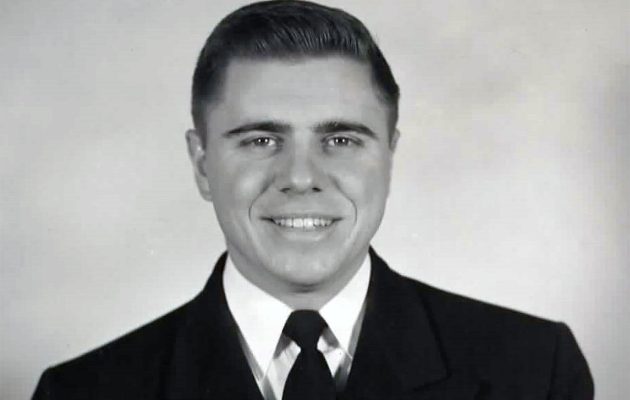
Publisher’s Note
As of the publishing date of this article, Mr. Dick Barker had passed away and is now in the loving arms of his late wife, Claudette. The family wishes to honor his memory with this article and remembrances of the life and times they enjoyed with their patriarch.
“He was the consummate, genuine family man. He cared about his family and his community…it was a life well lived,” shared his son Mike, who felt the memoirs were appropriate for readers to enjoy.
Services for Dick Barker will be held at St. Mark’s Episcopal Church in Ortega at 1:30 p.m. on September 2.
Dick Barker was a native of Riverside, born at St. Vincent’s Hospital on March 14, 1933. He began school a year ahead of other students his age, thanks to his mother, Alene Barker, a schoolteacher at West Riverside Elementary.
“I was never in one school more than two years the whole time,” Barker said.
With World War II as a backdrop, Barker spent much of his boyhood exploring with his friends what used to be the woods of Ortega, gathering scraps of metal and rubber for military drives to help support the war effort.
“We were rationing everything,” he said.
His family lived next to the pilots’ training camp that was at the NAS JAX Base. Barker would go down to the fence and watch the planes practicing. He and his buddies found a few long, silk sleeves that the attack pilots would practice shooting at in the days before artificial fabrics existed. He used to draw pictures of fighter planes. From a young boy’s perspective, he didn’t have the worries that adults had.
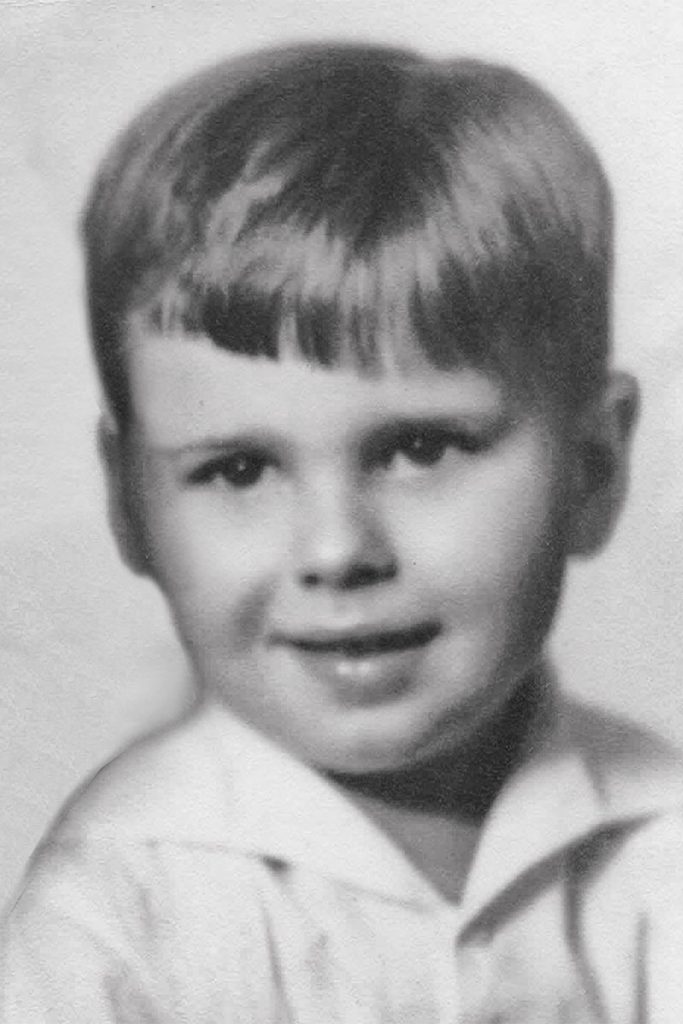
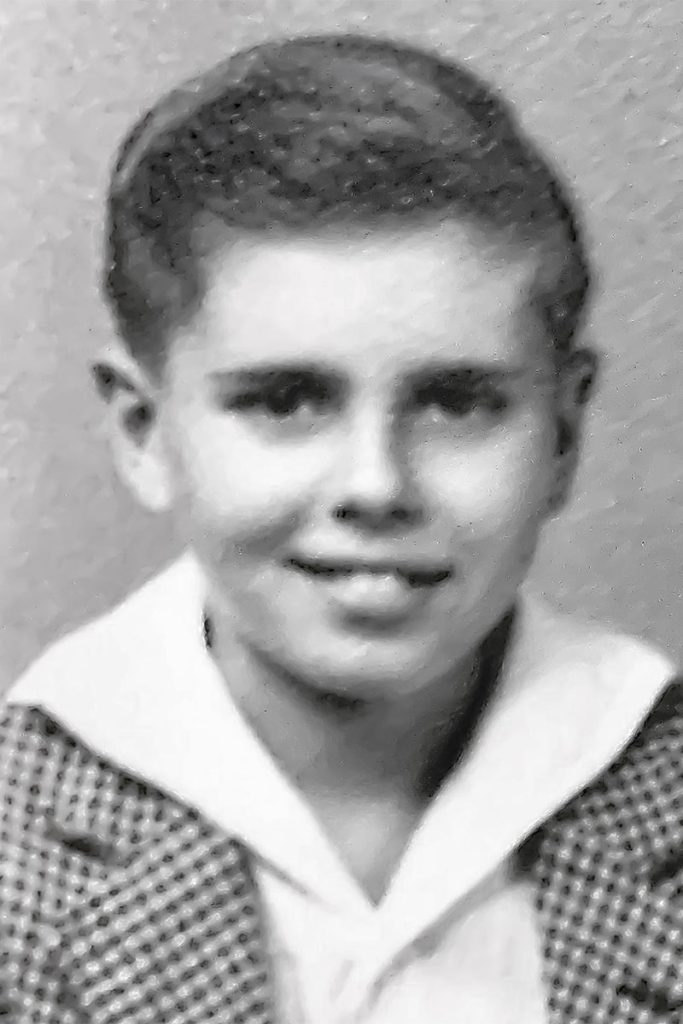
“It was exciting,” he said.
He’d watch the patrol boats navigating in and out on the St. Johns River and watched a couple of tankers burn off the coast of Jacksonville. They had been torpedoed by German U-boats and burned for days before sinking. His dad, Richard D. Barker, Sr., had taken him to Jacksonville Beach to witness it. Tar and oil from submarines had washed up on the sand.
Barker overheard the story of four German spies who had landed in Ponte Vedra Beach in 1942 and sensed the relief that was felt when the FBI that had been racing around town finally found them. He was 12 when the war ended.
Barker spent some time away at a military academy before returning for his last year of high school at Robert E. Lee, now Riverside, prior to earning a business degree at the University of Florida. He was a member of Kappa Alpha as well as the Naval Reserve Officer Training Corps. and was commissioned upon graduation. The next two years found Barker on active duty aboard the USS Pocono until he transitioned to the Navy Reserves in 1956.
As a reservist, Barker returned to Jacksonville. In 1957, he joined the family real estate firm that his father had begun in 1925, offering appraisal and residential brokerage in the Riverside/Avondale area. In 1970, upon his retirement as a Navy commander, Barker took over the family business. Today, that company still exists, taken over by Barker’s elder son, the founder’s grandson, who turned it into an investment business.
For several decades, Barker had a highly successful brokerage career. He was known for his classic business model, his knowledge of the profession, and his fairness in all transactions. He was president of Jacksonville’s Association of Realtors and Multiple Listing Service. For the span of his career, prior to his 1995 retirement, Barker most enjoyed meeting local people. There were two in particular who changed his life forever, a widowed woman and a baby boy.
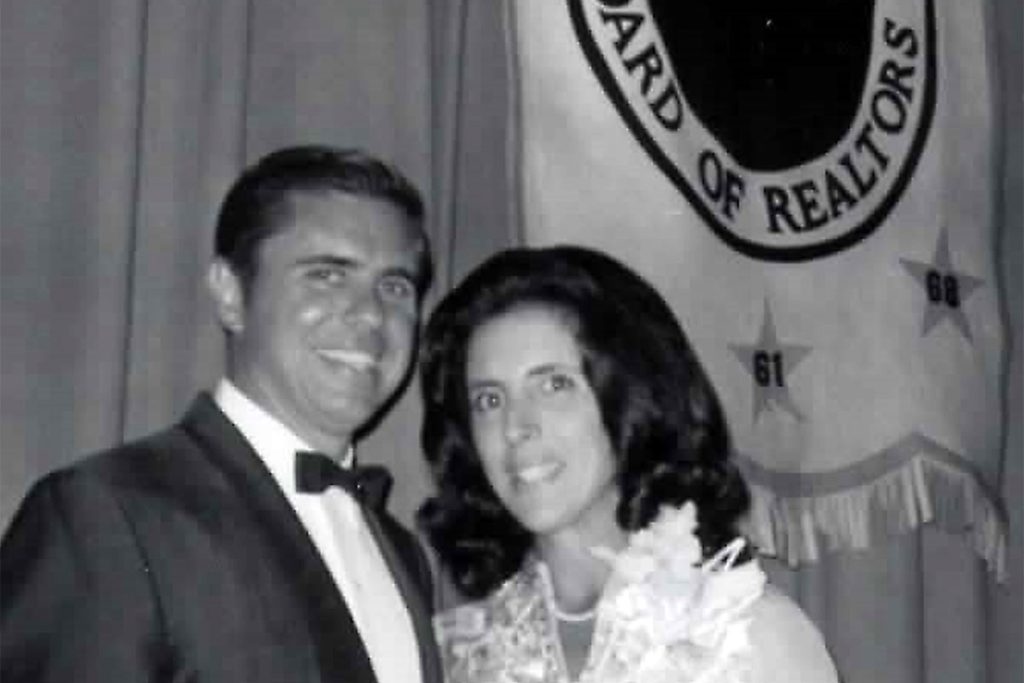
Claudette was a widow on a walk through her Ventia neighborhood, pushing her infant son in a stroller. She hadn’t intended on attending the open house event but noticed the lawn sign and walked in out of curiosity. There was agent Barker, the host.
“We knew each other only four months when we got married,” Barker said.
He liked to recall how the photographer at their wedding had to hide his right hand, as it was bandaged. At the prior night’s bachelor party, he was thrown in a pool, his wallet got wet, he put it in the oven to dry and burned himself pulling out the smoking mess.
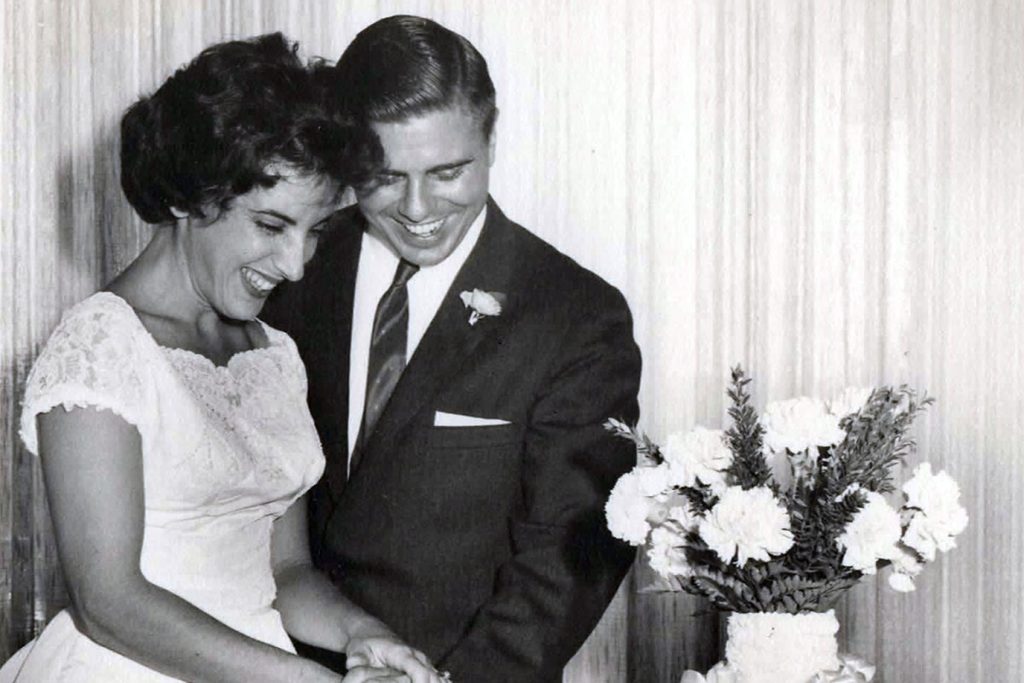
After the wedding, Barker adopted baby Mike and bought a house for their new family on Corinthian Boulevard in Ortega, one large enough to welcome a second son, Richard III, and a daughter, Yvonne, before the family of five moved to a home on McGirts Boulevard along the Ortega River in 1969.
Barker ushered at St. Mark’s Episcopal Church while his children sang in the choir. He and his wife encouraged them to be active in sports, too. Barker attended nearly every wrestling match, football game and equestrian competition they had. As third-generation members of the Florida Yacht Club, they learned to sail, power boat, swim and fish. The family was always in motion. They’d drive around town in a Mercury Marquis station wagon with wood-paneled sides, replete with yellow and green daisy stickers, sometimes with a horse trailer towing behind. The family took many trips in that wagon. On one, Barker played “The Sound of Music” 8-track tape over and over.
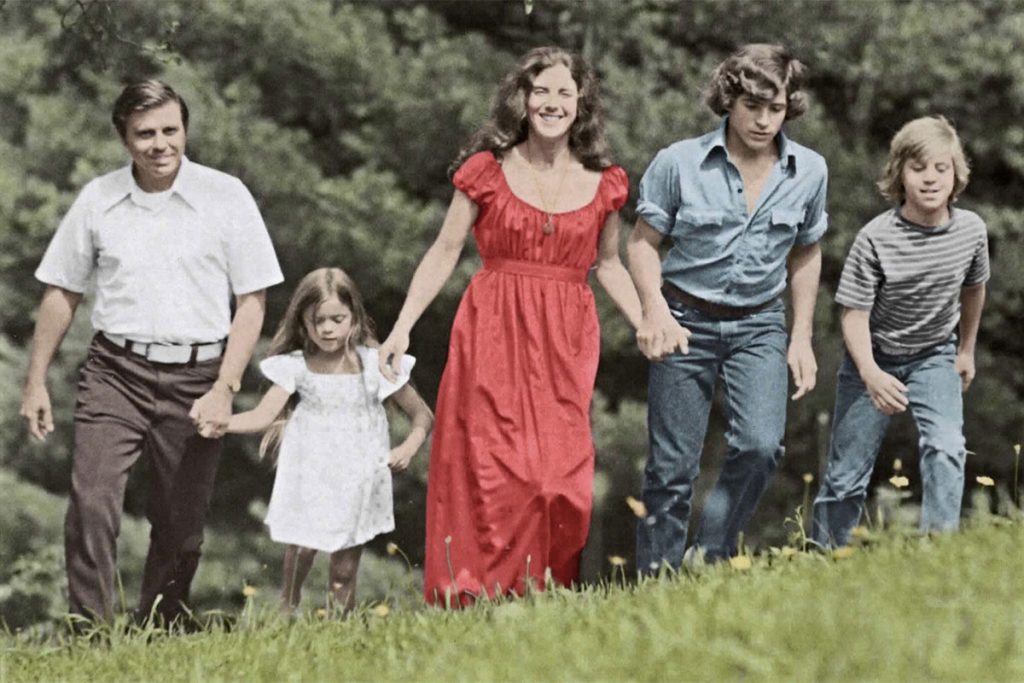
The Barkers were avid travelers. They sailed The Bahamas chain, camped the Great Loop in the U.S. and in Europe, spearfished and scuba-dived around the world. Interestingly, 40 years after Barker and his dad had watched those tankers burn during the war, he dived that wreck with his wife, doing fish counts and taking soil samples as volunteers for the Jacksonville Reef Research Team.
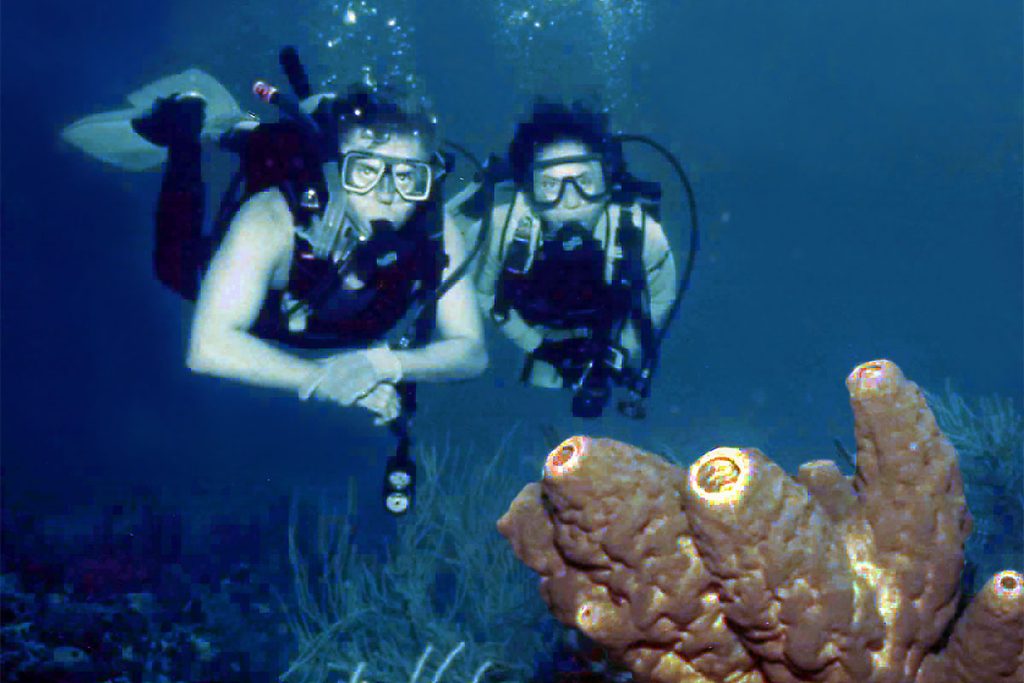
Barker also volunteered as a mentor in Jacksonville public high schools, helping several promising teens in underserved communities improve their math skills and giving them a vision of what is possible if they would keep moving forward. And keep moving forward is what Barker did as well.
In 1990, he earned his private pilot’s license. A few years later, he and his wife had a mountain house built in North Carolina so they could spend summers hiking, canoeing and whitewater rafting.
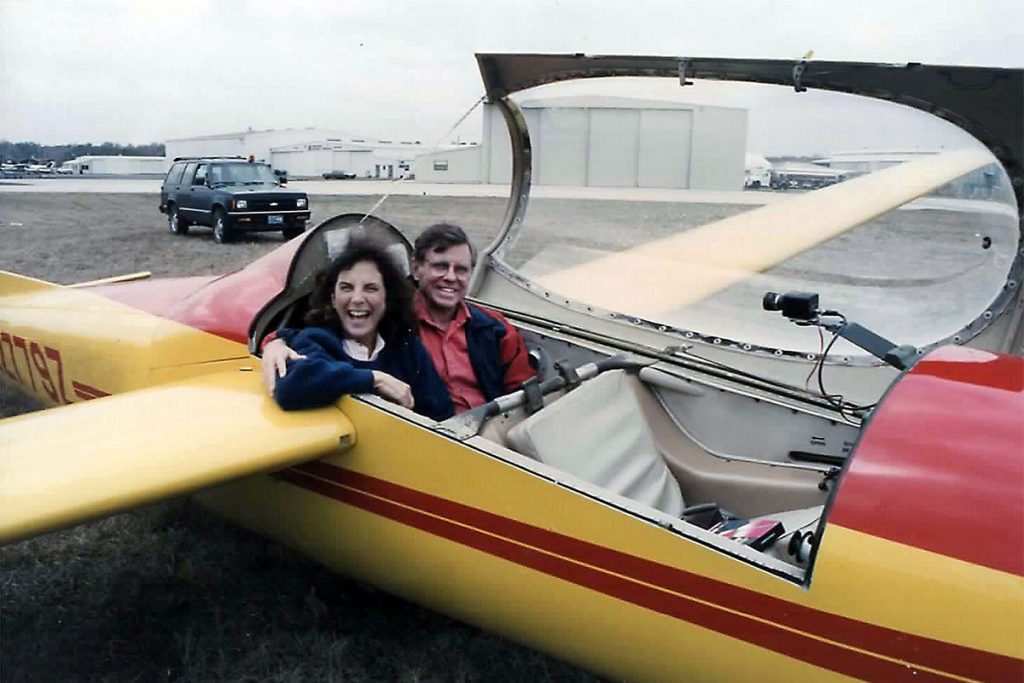
Claudette had ridden jumper horses competitively for decades, but when it became too difficult for her to mount anymore, Barker joined her in the competitive show dogs circuit instead. Their Jack Russell, named Absolutely Chaps, nationally ranked eighth in agility.
“I was the official photographer for all these events, and I really got to be pretty good,” Barker said. He had gotten a lot of practice over the years at the children’s sporting events.
In later years, Barker found his own true sporting passion – croquet. After retirement, he would spend morning until noon on the lawn at the Florida Yacht Club. He’d come home for a midday break, then return by 2:00 until dinner.
“Worse than golf,” Barker said of his croquet addiction.
His family has come to call the game crocaine. Barker even had two small greens at home, one outside and one inside.
“I don’t think anybody else has an indoor croquet court nowadays,” he said.
A couple times per month, he would meet with friends on the lawn at Ponte Vedra.
Barker was a Meninak member and a former chairman. As a Tchaikovsky fan, Barker was an avid supporter of the Jacksonville Symphony and would attend as many performances as possible.
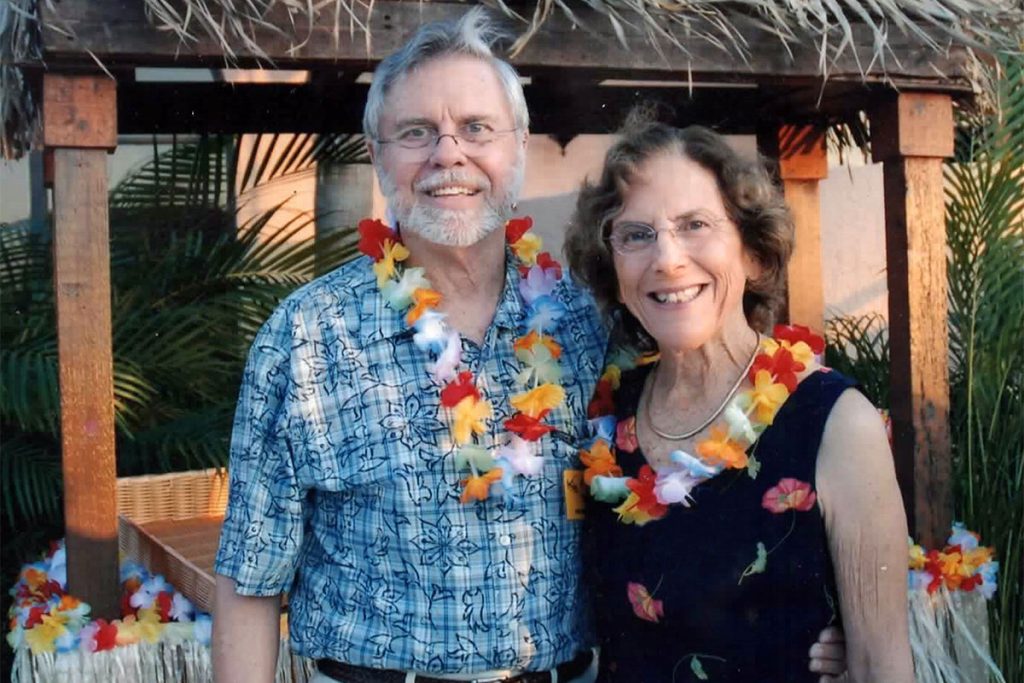
Claudette passed away in January 2023. She and Barker had been married for 62 years. He spent the rest of his days living on the shore of the Ortega River, not far from where he grew up, in the same home he bought 54 years ago. Today, it’s owned by Mike, who raised his own family there and had added a wing for his parents. Richard III comes by every weekend to visit from Live Oak where he has a veterinary practice. Yvonne comes at least a couple of times a week when she’s not travelling to horse shows.
“It’s not the end of the world,” Barker said of his stroke in 2020. “You just have to make do with what you have left.”
By Mary Wanser
Resident Community News




 (1 votes, average: 5.00 out of 5)
(1 votes, average: 5.00 out of 5)Claudette Barker, Dick Barker, Jacksonville’s Association of Realtors





